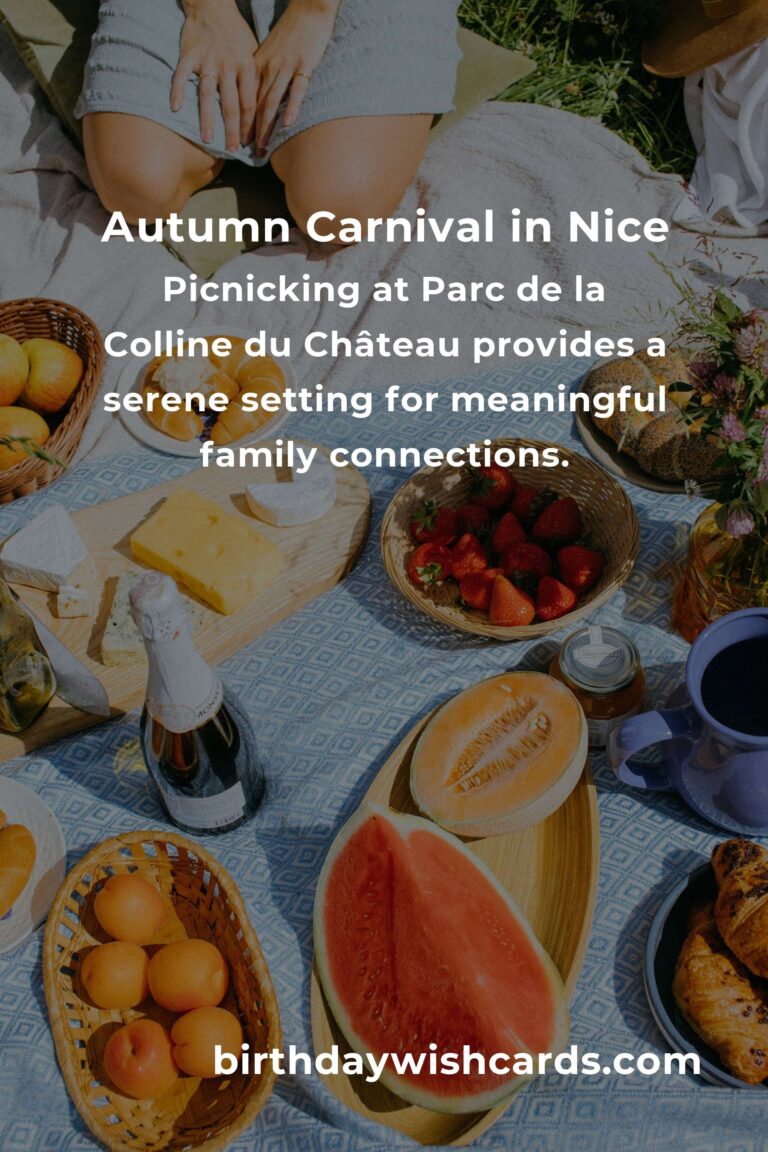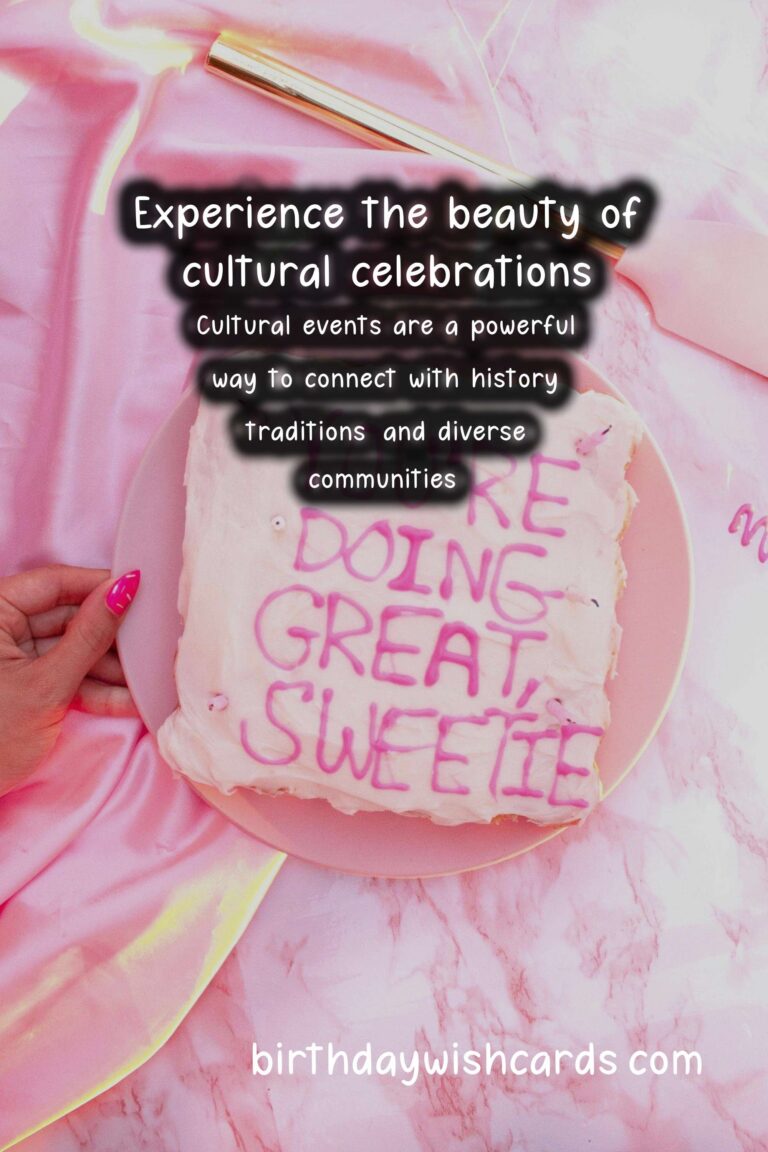
Cultural events are a powerful way to connect with history, traditions, and diverse communities. Whether you’re celebrating a well-known holiday, festival, or a lesser-known cultural event, doing so authentically enriches your experience and fosters understanding among different cultures. In this guide, we will explore practical steps to celebrate cultural events in a way that honors their origins and significance.
Understanding the Significance of Cultural Celebrations
Celebrating cultural events goes beyond mere participation; it requires a deep understanding of the significance of these occasions. Each cultural celebration carries with it stories, traditions, and values that have been passed down through generations. For instance, understanding why Diwali is celebrated by Hindus or the significance of Eidh might help you appreciate and engage more meaningfully with these events.
Researching the Cultural Event
Before diving into any celebration, take the time to research the cultural event you’re interested in. Here are some key points to consider:
- History: Explore when and how the event originated.
- Traditions: Learn about the various customs associated with the event.
- Importance: Understand what it means to the community that celebrates it.
Engaging with the Community
One of the best ways to celebrate authentically is by engaging with the cultural community. This can take many forms:
- Attend Local Events: Find out if there are celebrations happening in your area. Local cultural centers often host events that are open to the public.
- Volunteer: Many cultural events seek volunteers to help with various activities. This gives you a behind-the-scenes view of the celebration.
- Connect with Cultural Leaders: Building relationships with members of a cultural community enriches your understanding and appreciation.
Participating in Authentic Practices
If you’ve researched and connected with the community, the next step is to participate authentically in the celebrations. Here are some ways to do this:
- Dress Appropriately: Many cultural events have specific attire. Wearing traditional clothing shows respect and appreciation for the culture.
- Follow the Customs: Participate in the rituals or customs associated with the event. Whether it’s the lighting of candles for Hanukkah or the sharing of food during Ramadan, your participation should be sincere.
- Learn the Language: Familiarizing yourself with commonly spoken phrases or greetings of the culture can enhance your experience.
Cooking Traditional Foods
Food is a significant aspect of cultural celebrations. Preparing traditional dishes can be both fun and educational. Here’s how:
- Research Recipes: Look for authentic recipes from reputable sources. Traditional dishes often have stories behind them.
- Use Authentic Ingredients: Whenever possible, use ingredients that are true to the culture.
- Share the Experience: Invite friends or family to join you in cooking, and explain the significance of the dishes you’re making.
Creating a Respectful Atmosphere
It’s essential to create an atmosphere that is respectful of the culture you are celebrating. Here are some tips:
- Educate Your Guests: If you’re hosting a celebration, take the time to inform your guests about the cultural significance of the event.
- Avoid Stereotypes: Be mindful of cultural appropriation and avoid reinforcing stereotypes in your celebrations. This means celebrating with respect, not mocking the culture.
- Encourage Open Dialogue: Allow space for conversations about the cultural event, especially if guests have questions or want to share their experiences.
Using Social Media Responsibly
In today’s digital age, many people share their cultural celebrations online. However, it’s essential to be responsible and respectful in this space:
- Seek Permission: If you’re sharing photos of individuals or private events, ensure you have permission to post.
- Provide Context: When you share, explain the significance of the event or cultural practice.
- Use Hashtags Wisely: Utilize appropriate hashtags to connect with broader conversations about the culture.
Encouraging Cultural Exchange
Cultural events are excellent opportunities for exchange and learning. By inviting others to share their customs and practices, you foster a deeper understanding and appreciation of diversity.
Reflecting on Your Experience
After participating in a cultural event, take some time to reflect on your experience. Think about what you learned and how the celebration impacted you. This reflection can help you carry the lessons learned into future interactions and celebrations.
Conclusion
Celebrating cultural events authentically requires effort, respect, and an open heart. By researching, engaging with communities, and participating thoughtfully, we can contribute to a richer cultural dialogue and foster unity across differences. So next time a cultural event comes around, remember the depth and history behind it, and celebrate in a way that honors those traditions.
Cultural events are a powerful way to connect with history, traditions, and diverse communities. Celebrating cultural events goes beyond mere participation; it requires a deep understanding of the significance of these occasions. 
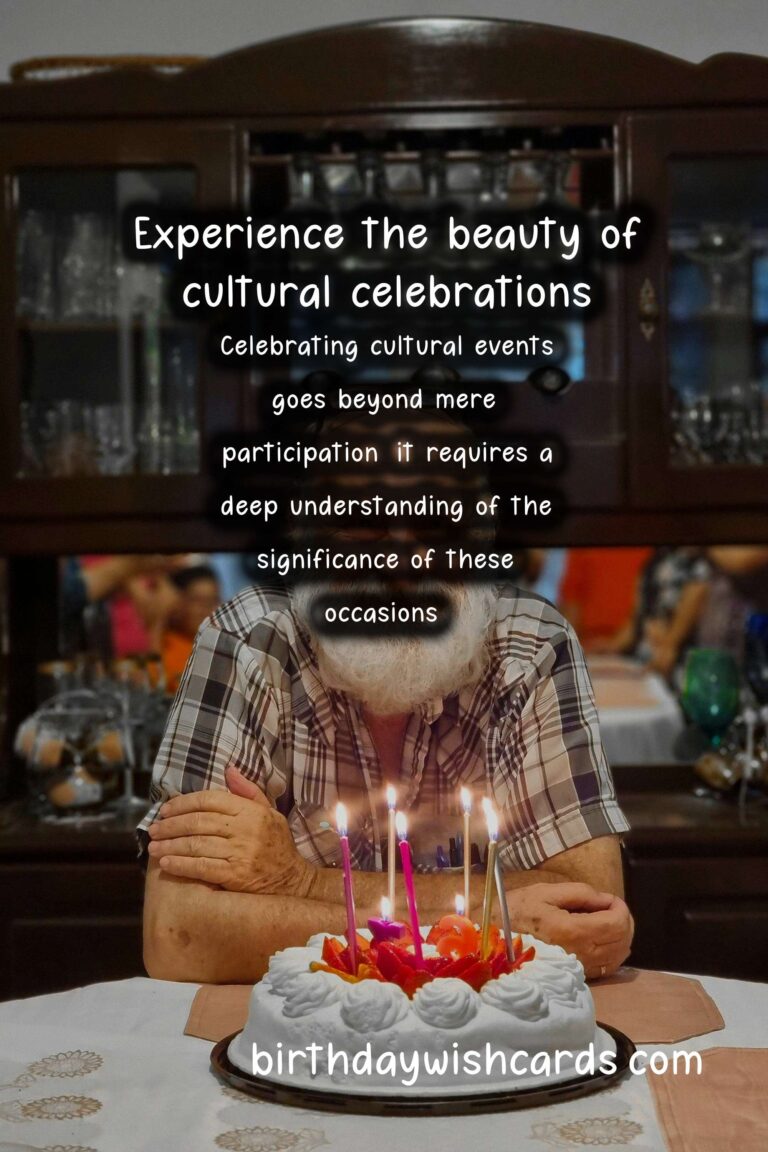
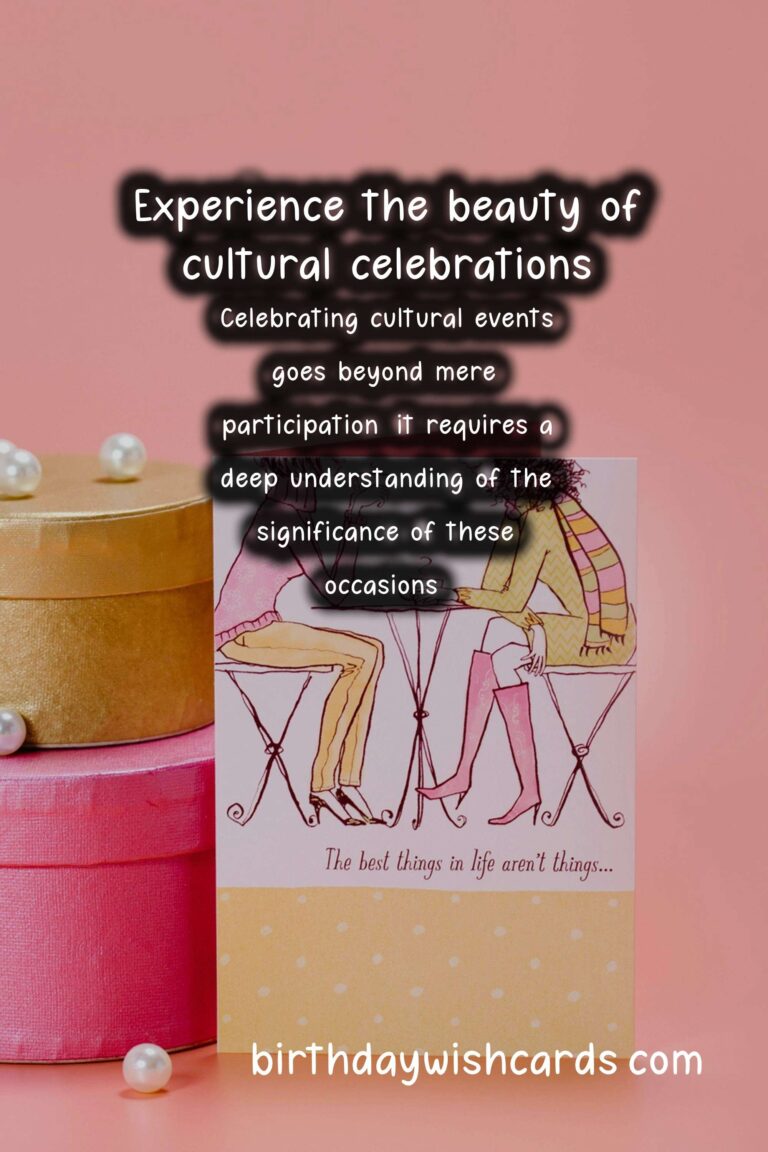
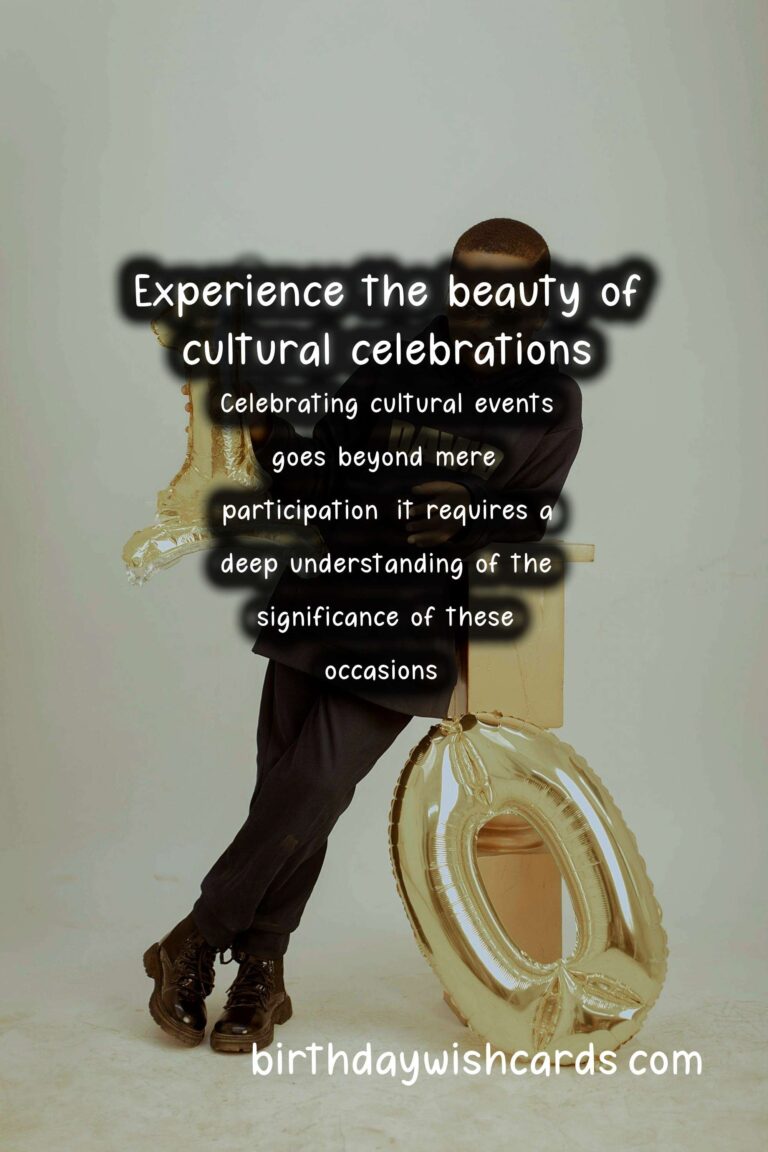
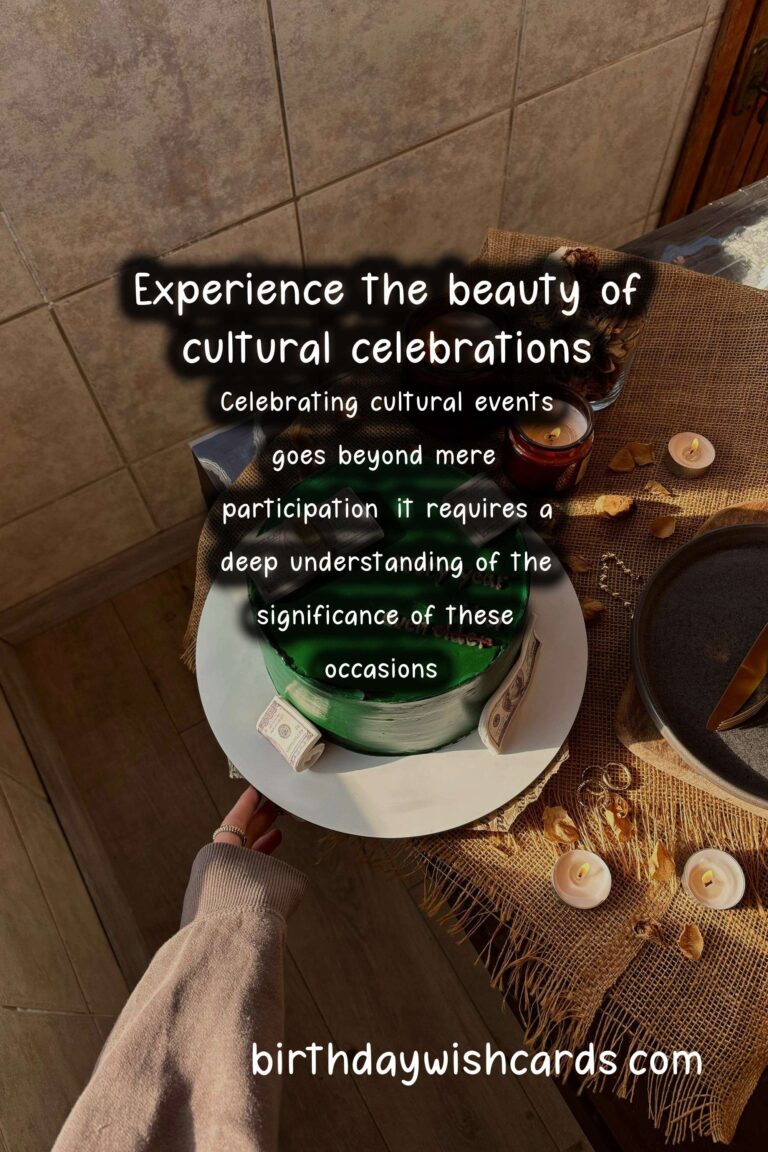
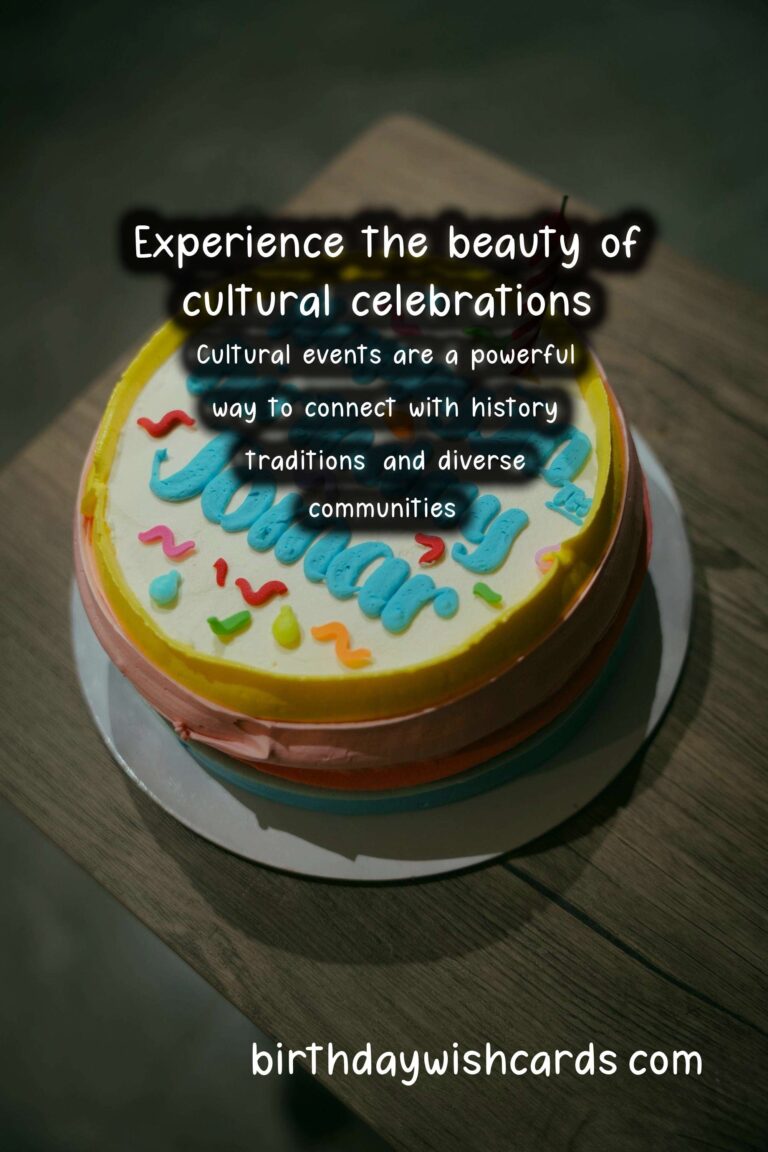
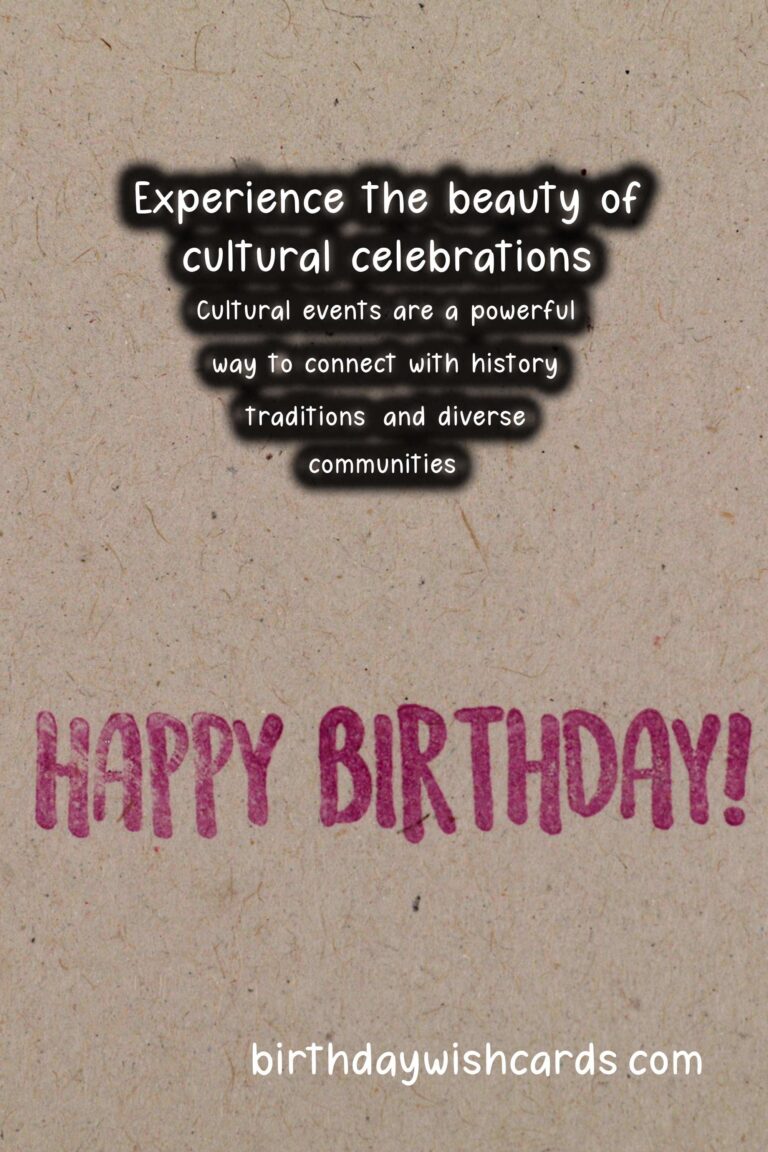
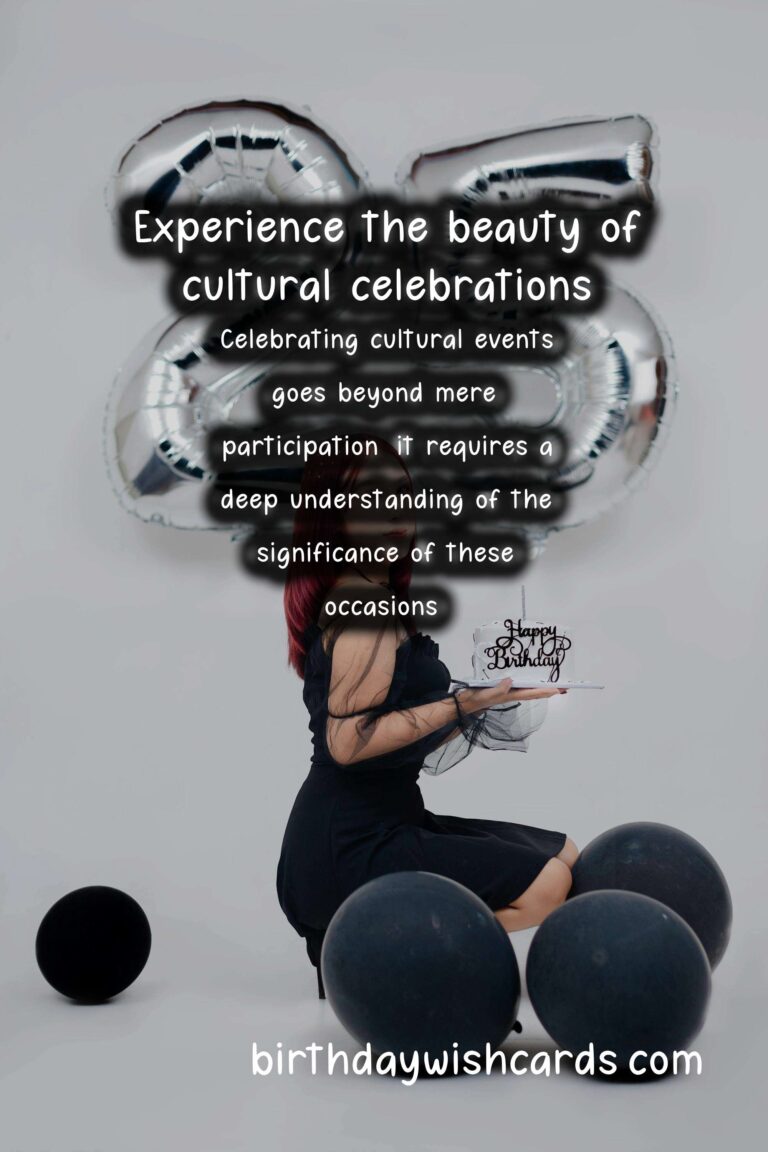
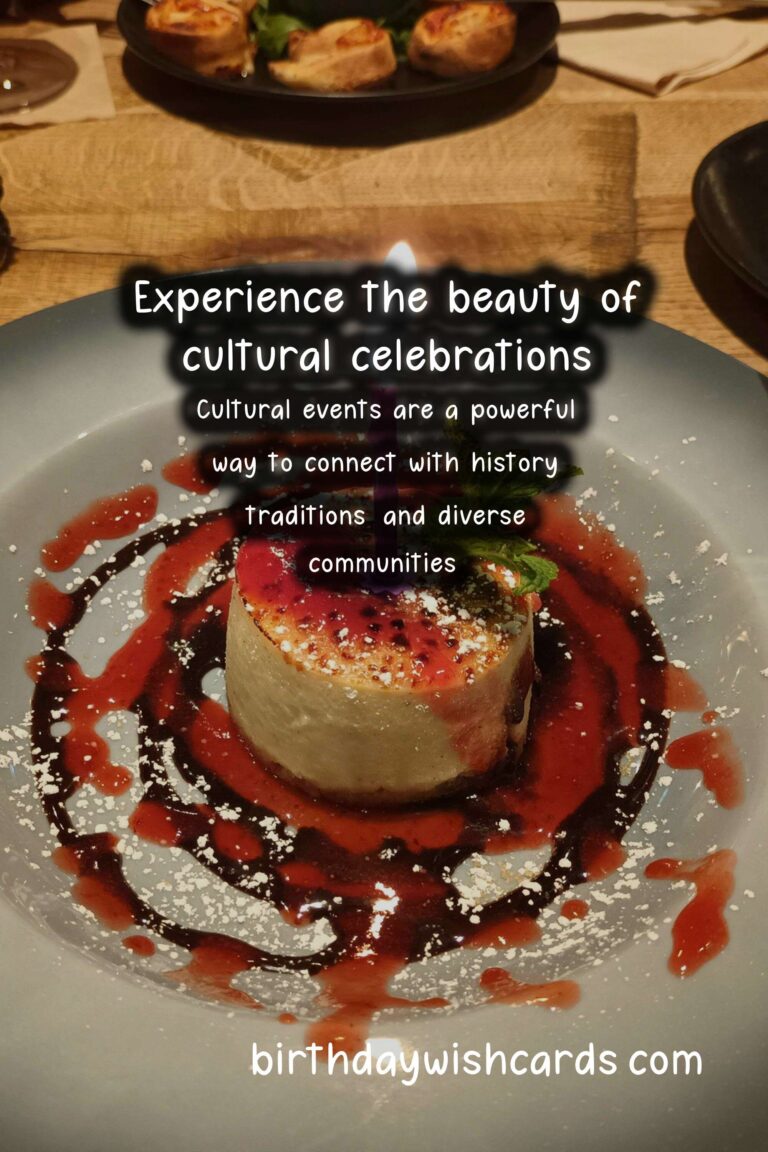
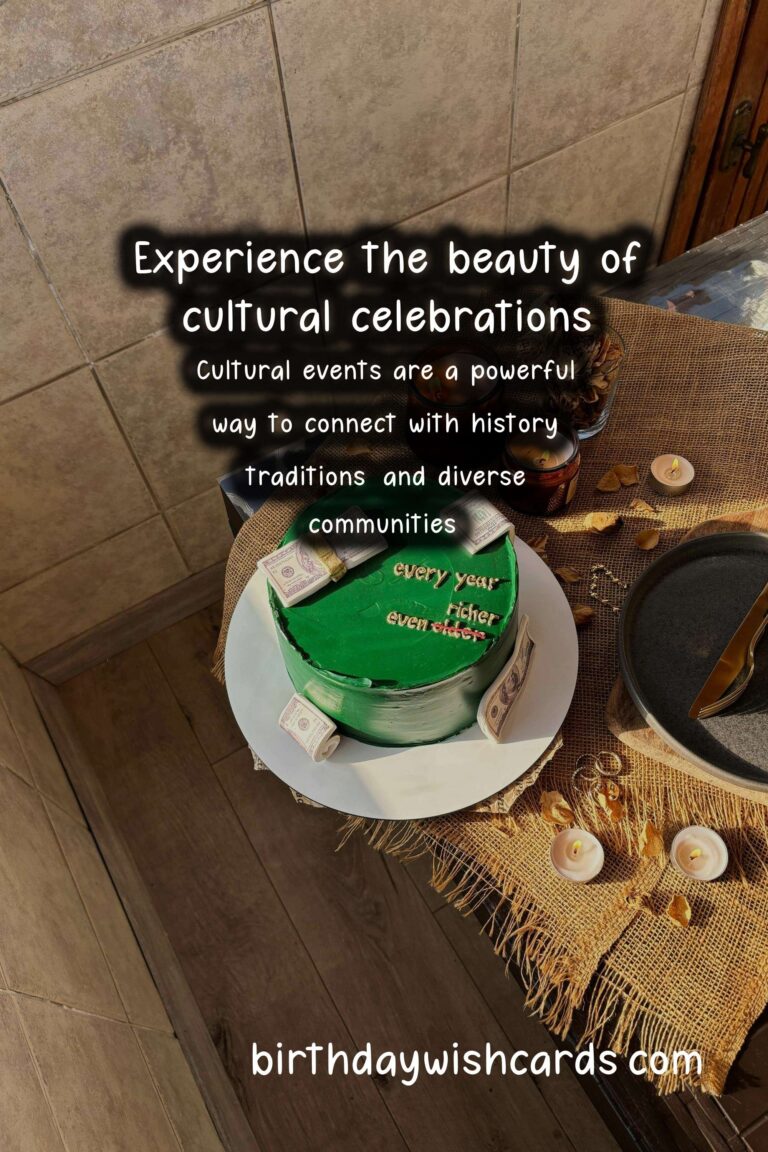
#CulturalEvents #AuthenticCelebration


